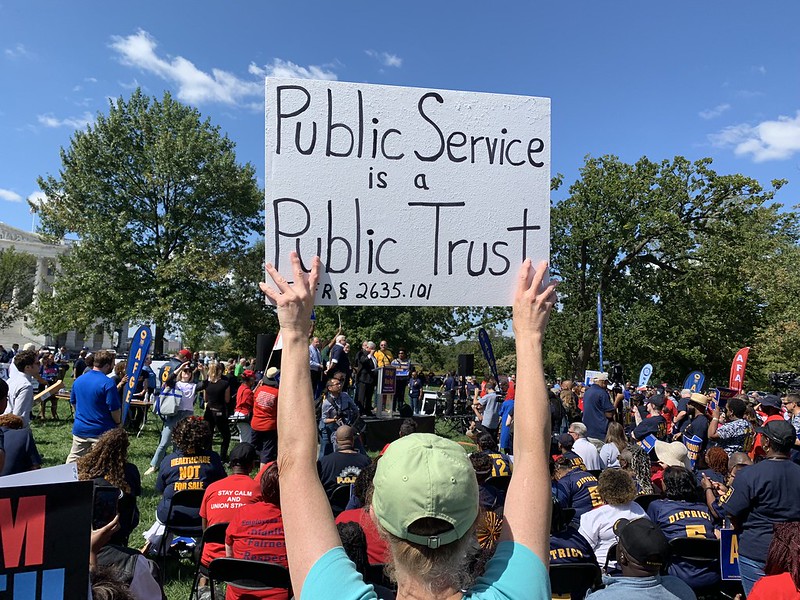Kevin Jon Heller on Thravalos on Hamdan
Over at Opinio Juris, Kevin Jon Heller offers the following objection to Haridimos Thravalos's guest post last night on Hamdan, conspiracy, and history:
There is, however, a basic problem with Thravalos’ argument. He claims that “[t]he Hamdan plurality found that conspiracy was not a violation of the law of war under domestic precedents for three reasons” (emphasis mine). But the Hamdan plu
Published by The Lawfare Institute
in Cooperation With

Over at Opinio Juris, Kevin Jon Heller offers the following objection to Haridimos Thravalos's guest post last night on Hamdan, conspiracy, and history:
There is, however, a basic problem with Thravalos’ argument. He claims that “[t]he Hamdan plurality found that conspiracy was not a violation of the law of war under domestic precedents for three reasons” (emphasis mine). But the Hamdan plurality was not concerned with whether “domestic precedents” — i.e., US practice — supported viewing conspiracy as a war crime; it was interested in determining whether conspiracy was a war crime under international law. . . . Thravalos does not address the Hamdan plurality’s discussion of international sources, nor does he acknowledge that the plurality viewed US precedent simply as one kind of evidence (insufficient in and of itself) of whether international law viewed conspiracy as a war crime. So even if he is correct that the plurality misdescribed US practice — and we should not forget that the American-run Nuremberg Military Tribunals specifically rejected the idea that conspiracy was a war crime — his argument in no way undermines the plurality’s conclusion. The question was whether conspiracy is a war crime under international law. The answer, as the plurality correctly held, is no.I don't think the Hamdan plurality was quite as unconcerned with American precedent as such as Heller says. For one thing, the first passage Heller quotes from the opinion specifically bifurcates the discussion between domestic and international precedents:
The crime of “conspiracy” has rarely if ever been tried as such in this country by any law-of-war military commission not exercising some other form of jurisdiction and does not appear in either the Geneva Conventions or the Hague Conventions—the major treaties on the law of war.The plurality also spent a great deal of time arguing with and rejecting the government's historical assertions about domestic practice. This would not have been worth doing had the charge's omission from the Geneva and Hague Conventions and the rejection of conspiracy by the Nuremberg tribunal been dispositive. What's more, it is worth noting that the relevant discussion in the opinion begins: "There is no suggestion that Congress has, in exercise of its constitutional authority to 'define and punish . . . Offences against the Law of Nations,' U. S. Const., Art. I, §8, cl. 10, positively identified 'conspiracy' as a war crime." This is, of course, no longer true, as Congress in both iterations of the Military Commissions Act did, in fact, seek to codify conspiracy as a war crime. So while I agree with Kevin that the Supreme Court was ultimately concerned with the international law of war, not some U.S. common law of war, a reasonable reading of the opinion suggests that the court was particularly concerned with the contemporary and historical U.S. understanding of the place of conspiracy in that body of law. To the extent the court got that issue wrong--as it seems to have done--that simply has to matter.
Benjamin Wittes is editor in chief of Lawfare and a Senior Fellow in Governance Studies at the Brookings Institution. He is the author of several books.





